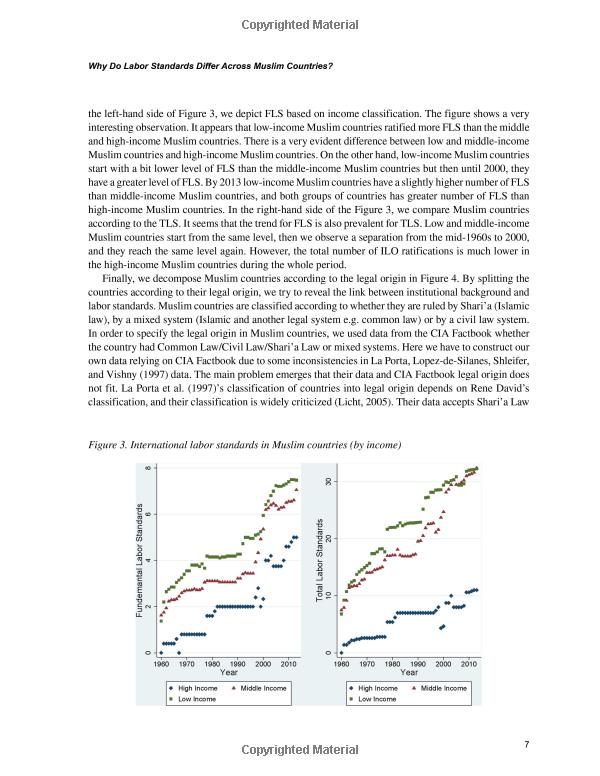### Understanding What is Interest Capitalization on a Student Loan: A Comprehensive Guide
Interest capitalization on a student loan refers to the process where unpaid interest is added to the principal balance of the loan. This typically occurs a……
Interest capitalization on a student loan refers to the process where unpaid interest is added to the principal balance of the loan. This typically occurs at specific times, such as when a borrower enters repayment after a deferment or forbearance period. Understanding this concept is crucial for borrowers, as it can significantly impact the total amount owed over the life of the loan.
#### What is Interest Capitalization?
Interest capitalization is a financial mechanism that affects how student loans accrue interest. When a borrower does not make payments on their loan, interest continues to accumulate. If this interest is not paid during certain periods, it can be capitalized, meaning it is added to the principal balance of the loan. This results in a higher principal amount, which subsequently leads to more interest accruing in the future.
For instance, if a student loan has a principal balance of $10,000 and accumulates $1,000 in interest during a deferment period, the new principal balance after capitalization would be $11,000. This means that future interest calculations will be based on this higher amount, increasing the total cost of the loan.
#### When Does Interest Capitalization Occur?
Interest capitalization can occur at several key points in the life of a student loan:
1. **At the End of a Deferment or Forbearance Period**: If a borrower is granted a deferment or forbearance, they may not be required to make payments for a certain period. However, interest may still accrue during this time, and if it is not paid, it will be capitalized when the borrower resumes payments.

2. **Upon Graduating or Leaving School**: Many student loans allow for a grace period after graduation or dropping below half-time enrollment. If interest accrues during this grace period and is not paid, it can be capitalized when the borrower enters repayment.
3. **Loan Consolidation**: When borrowers consolidate their loans, any unpaid interest may be capitalized into the new consolidated loan.
4. **Default**: If a borrower defaults on their loan, any accrued interest can be capitalized, adding to the total amount owed.
#### Why is Interest Capitalization Important?
Understanding interest capitalization is essential for borrowers for several reasons:
- **Total Loan Cost**: Capitalization increases the total amount a borrower will repay over the life of the loan. By allowing interest to capitalize, borrowers can end up paying significantly more than the original loan amount.

- **Payment Planning**: Being aware of when interest capitalization occurs can help borrowers plan their payments more effectively. For example, making interest payments during deferment or forbearance can prevent capitalization and save money in the long run.
- **Financial Literacy**: Knowledge of how interest works, including capitalization, is a critical aspect of financial literacy. It empowers borrowers to make informed decisions regarding their loans and repayment strategies.
#### How to Manage Interest Capitalization
To minimize the impact of interest capitalization, borrowers can take several proactive steps:
1. **Make Interest Payments**: If possible, borrowers should consider making interest payments during deferment or forbearance periods to prevent capitalization.
2. **Stay Informed**: Understanding the terms of the loan and when capitalization occurs can help borrowers strategize their repayment plans.

3. **Consider Loan Types**: Some loans, such as subsidized federal loans, do not accrue interest during certain periods, which can mitigate the effects of capitalization.
4. **Seek Financial Counseling**: For borrowers who are unsure about how to manage their loans, seeking advice from a financial counselor can provide valuable insights and strategies.
In conclusion, understanding what is interest capitalization on a student loan is vital for effective loan management. By being aware of how and when capitalization occurs, borrowers can take steps to minimize its impact and ultimately save money over the life of their loans.